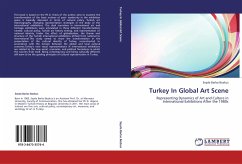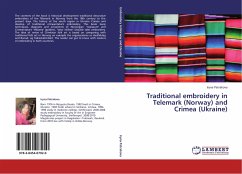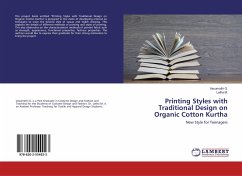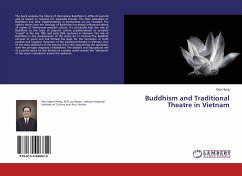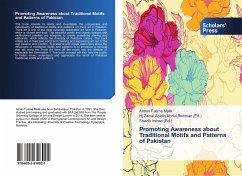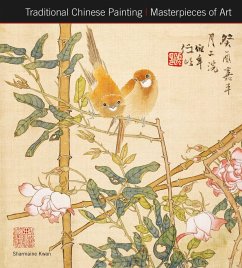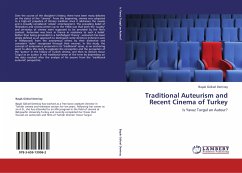
Traditional Auteurism and Recent Cinema of Turkey
Is Yavuz Turgul an Auteur?
Versandkostenfrei!
Versandfertig in 6-10 Tagen
52,99 €
inkl. MwSt.

PAYBACK Punkte
26 °P sammeln!
Over the course of the discipline s history, there have been many debates on the status of the cinema . From the beginning, cinema was subjected to a high-art prejudice of literary tradition since it addresses the masses and is broadly considered simple entertainment. The prevailing belief of filmmakers and cinema-writers up to the 1950s was that both the quality and art-status of cinema were supposed to be provided by the film s content. Auteurism was born in France in resistance to such a belief. Rather than being grounded in a full-fledged theory , auteurism has been simply defined as an ap...
Over the course of the discipline s history, there have been many debates on the status of the cinema . From the beginning, cinema was subjected to a high-art prejudice of literary tradition since it addresses the masses and is broadly considered simple entertainment. The prevailing belief of filmmakers and cinema-writers up to the 1950s was that both the quality and art-status of cinema were supposed to be provided by the film s content. Auteurism was born in France in resistance to such a belief. Rather than being grounded in a full-fledged theory , auteurism has been simply defined as an approach to distinguish some directors (inherent even in Hollywood) from the anonymous others by their distinctive and consistent styles recognized through their oeuvres. In this study, the concept of auteurism is preserved in its "traditional" sense, as an anchoring point to allow this study to explicate the conception and the perception of the "auteur" in the history of Turkish cinema, and then to declare Yavuz Turgul as an auteur in the traditional sense of the term by depending on the data reached after the analysis of his oeuvre from the traditional auteurist perspective.



